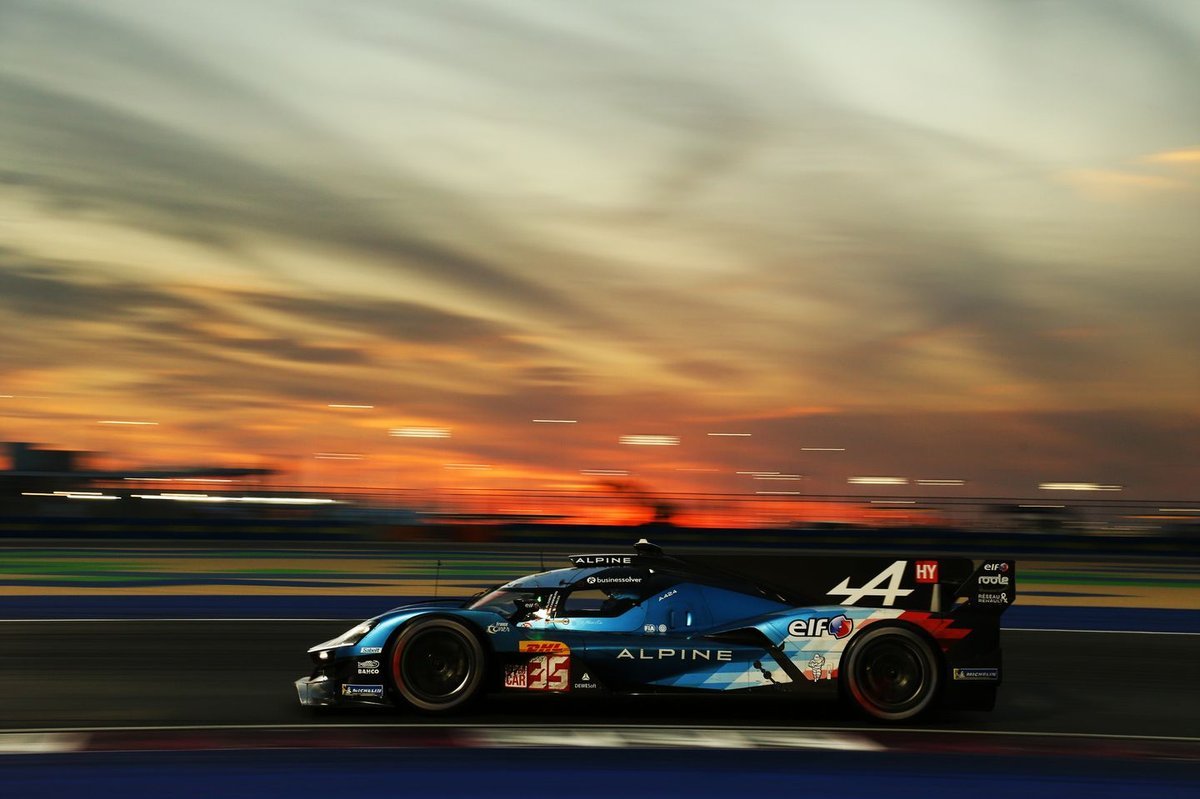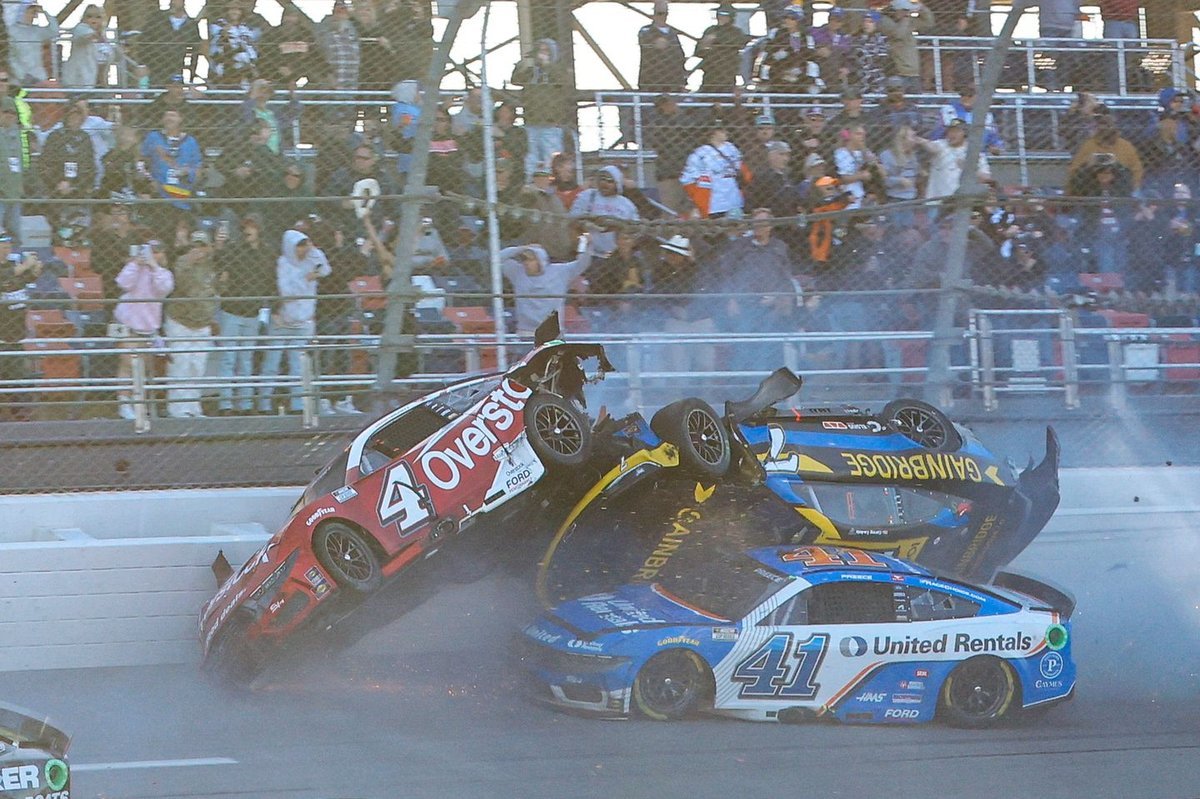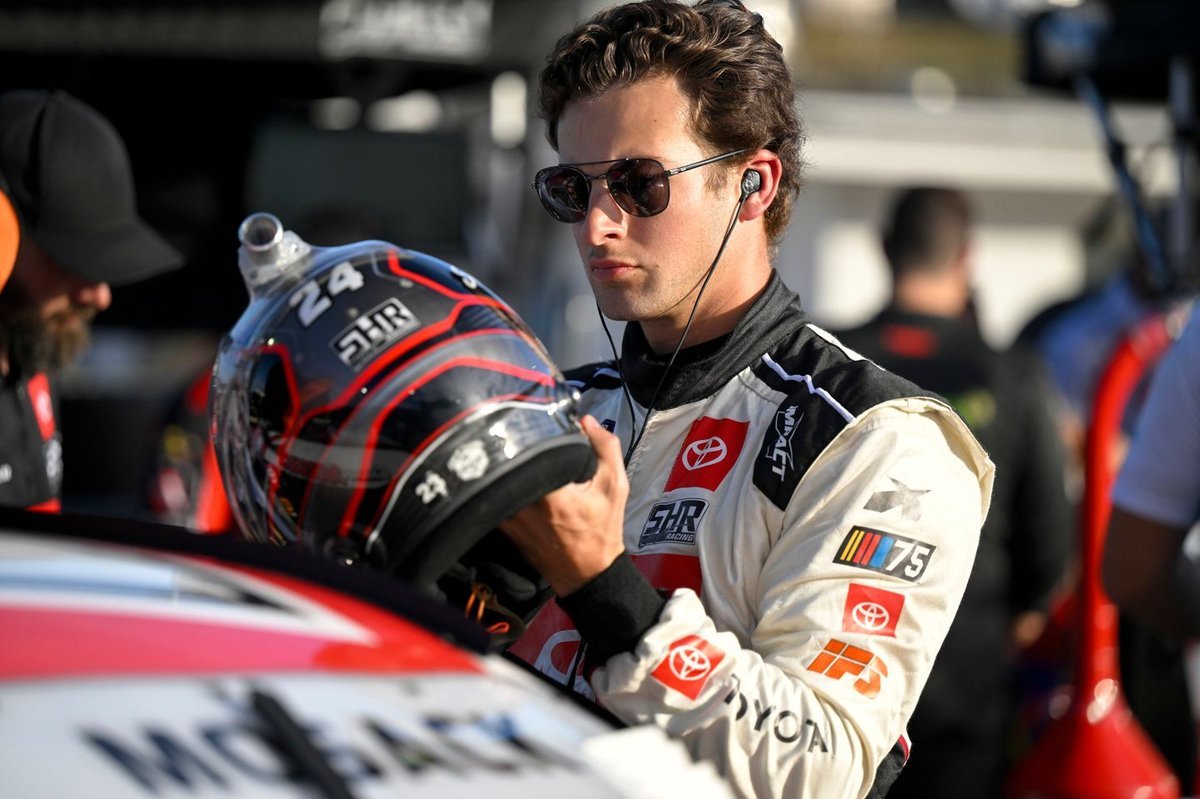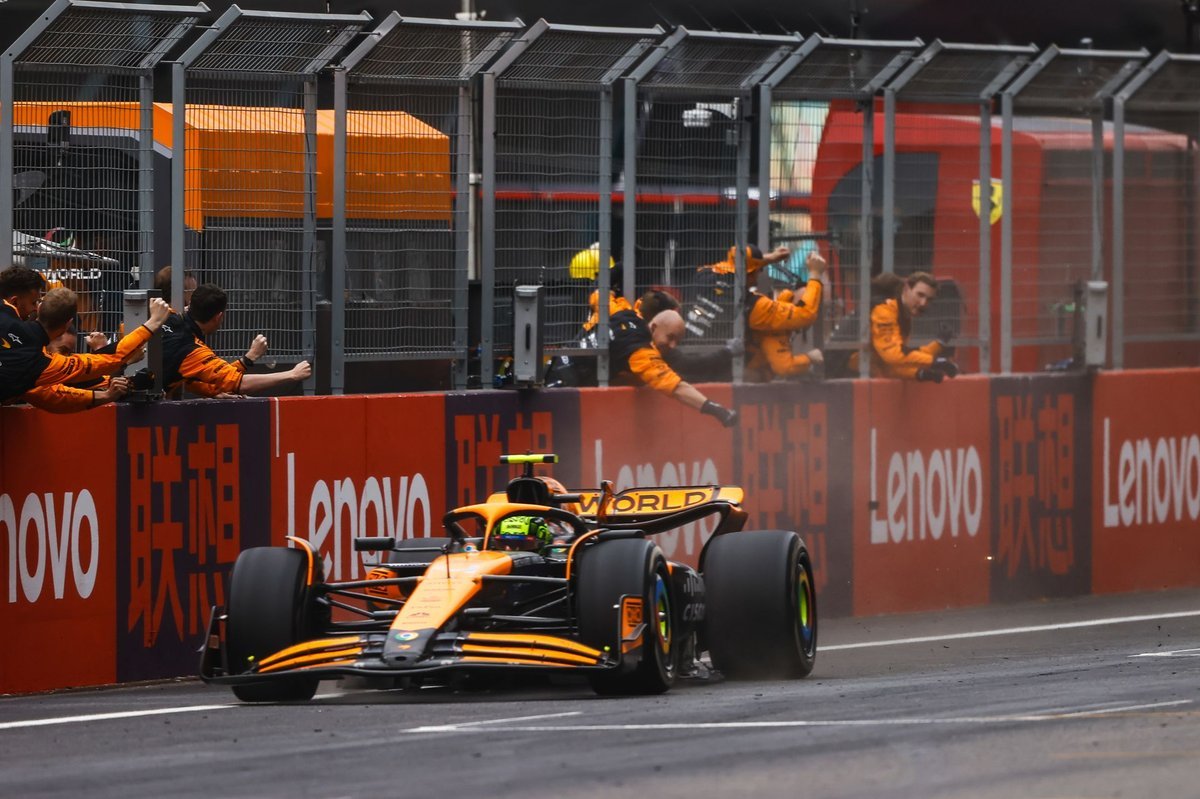
Source – planetf1.com
A Mercedes F1 car discovered to be underweight after the race puts Russell’s Belgian Grand Prix in jeopardy.
In a dramatic turn of events following the Belgian Grand Prix, George Russell’s sensational victory is under threat as his Mercedes Formula 1 car was found to be underweight during post-race checks. Russell had claimed his third F1 victory by masterfully executing a one-stop strategy, holding off a determined Lewis Hamilton in a thrilling late-race battle. However, the joy of his win is now overshadowed by the findings of the FIA technical delegates.
During routine post-race inspections, Russell’s car initially met the minimum weight requirement of 798kg, as stipulated by Technical Regulation (TR) Article 4.1. However, further scrutiny revealed a critical issue. After draining 2.8 liters of fuel from the car, the weight dropped to 796.5kg, falling 1.5kg short of the mandatory minimum. This discrepancy has serious implications, as maintaining the minimum weight at all times during the competition is a strict requirement.
The FIA technical delegates’ report highlighted the issue, noting that the car was not fully drained according to the team’s submitted legality documents, as per TR Article 6.5.2. The car was re-weighed on both FIA inside and outside scales, confirming the 796.5kg measurement. Given the significance of this underweight finding, the matter has been referred to the Stewards for further consideration.
The potential disqualification of Russell’s victory would dramatically alter the race results. Should Mercedes fail to provide a satisfactory explanation for the weight discrepancy, Lewis Hamilton stands to be awarded the win, with Oscar Piastri moving up to second place and Charles Leclerc to third. This development would not only affect the drivers’ standings but also add a notable twist to the ongoing championship battle.
The situation is reminiscent of past incidents in F1 history where teams faced disqualification due to underweight cars. Notably, a team was disqualified from the San Marino Grand Prix after both drivers’ cars were found underweight when fully drained of fuel. The discovery of a secret secondary fuel tank used as ballast led to their results being nullified. Similarly, Tyrrell had its 1984 results expunged after it was found that the team had used a mixture of water and lead shot in its water injection system to artificially raise the weight of its underweight 012 car above the minimum limit.
For Mercedes, this is a critical juncture as they navigate the implications of the FIA’s findings. While the team has not been accused of deliberately misleading officials, the 1.5kg weight deficit remains a significant concern. The team will need to provide a detailed account of the discrepancy and demonstrate compliance with the regulations to avoid disqualification.
As the motorsport community awaits the Stewards’ decision, the potential loss of Russell’s hard-fought victory at Spa-Francorchamps would be a substantial blow to both the driver and the team. The situation underscores the importance of stringent adherence to technical regulations in Formula 1, where even the slightest deviation can lead to severe consequences.
In the meantime, the paddock remains abuzz with speculation and analysis, as fans and experts alike ponder the potential outcomes. The Belgian Grand Prix, already memorable for its on-track drama, now faces an additional layer of intrigue off the track, with the final verdict set to have far-reaching implications for the championship narrative.













